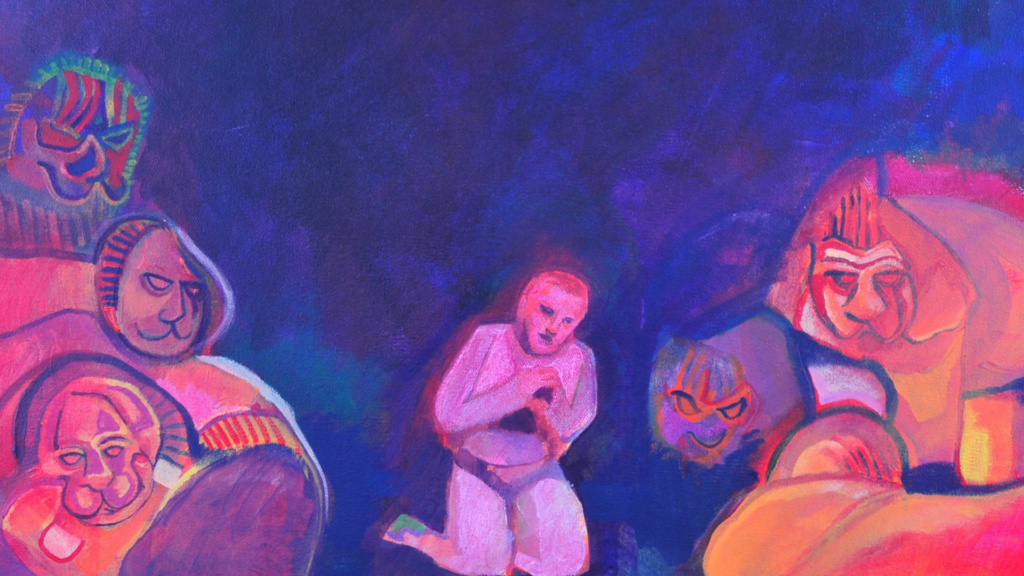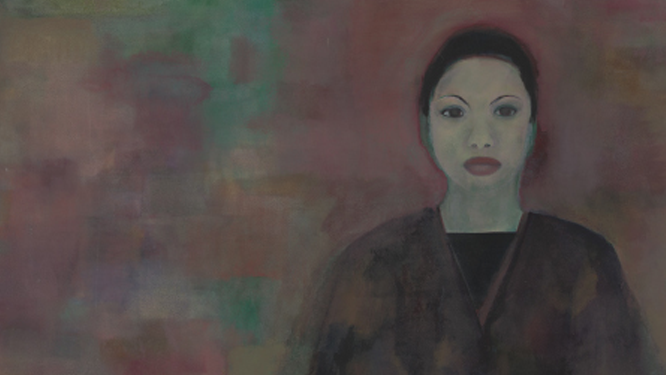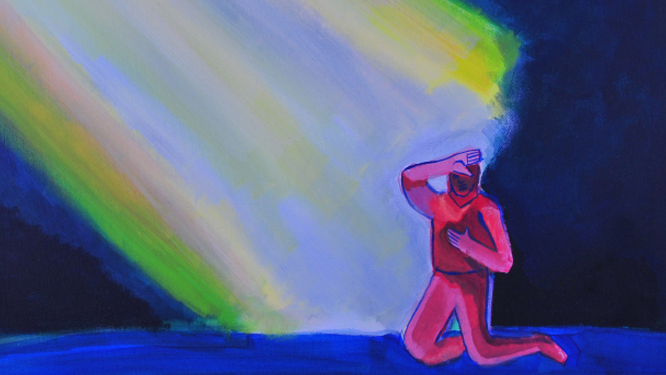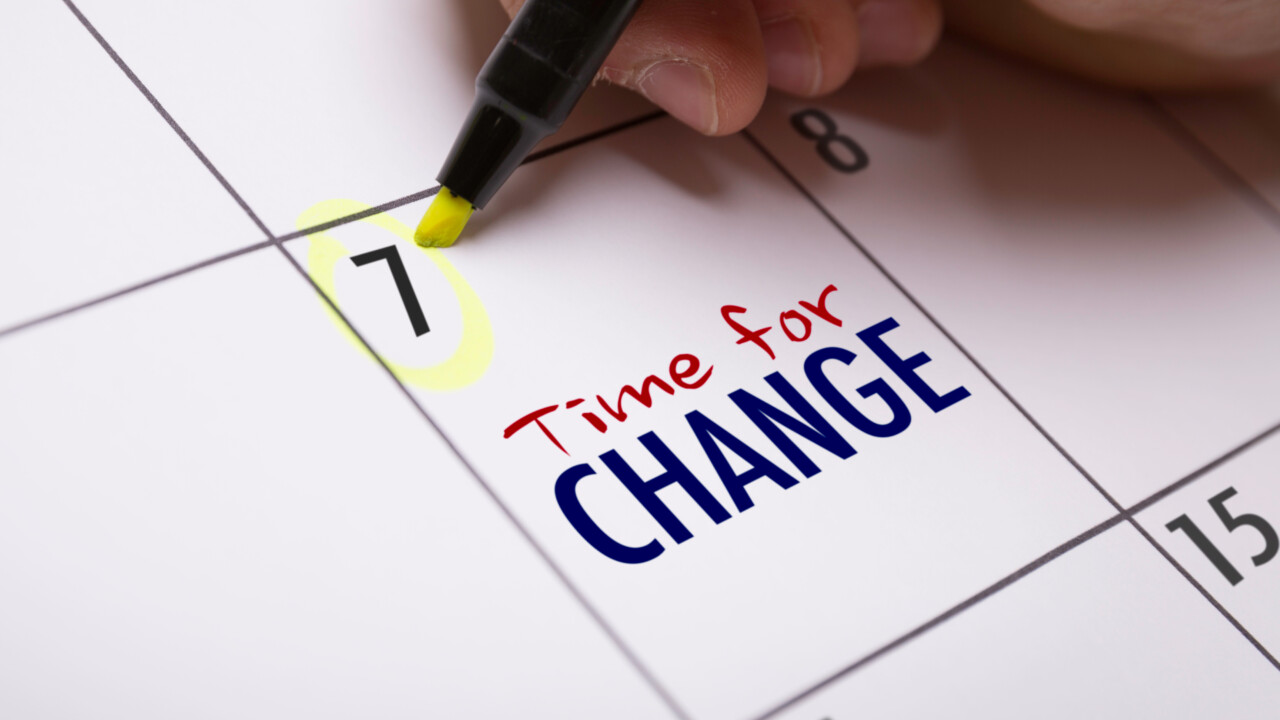Helpful language tools and guidance for discussing mental health concerns with youth.
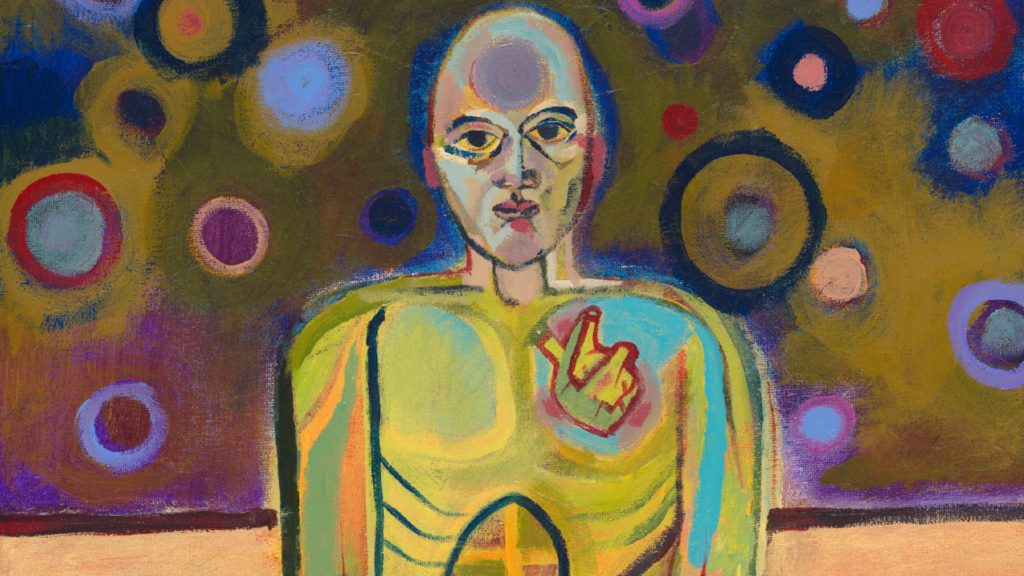
The Well Beings Mental Health Language Guide is designed to equip adults, regardless of their experience, with the language tools that they need to discuss mental health concerns with youth. In addition to the guide, readers will find a glossary, a list of other resources, and a calendar with important days, weeks, and months relative to mental health.
Download the Well Beings Mental Health Language Guide Vol. 2 (2 MB PDF)
Explore the Mental Health Language Guide
About the Guide
The Well Beings Mental Health Language Guide is designed to equip adults, regardless of their experience, with the language tools that they need to discuss mental health concerns with youth. In addition to the guide, readers will find a glossary, a list of other resources, and a calendar with important days, weeks, and months relative to mental health.
Acknowledgements
To all of the supporters, sponsors, funders, and partners of the Well Beings campaign and the Youth Mental Health Project, we thank you. We would not be what we are now without you. To our many advisors, partners, and supporters, thank you for your expertise, your time, and your dedication to our cause – especially Christopher Seeley from the American Psychiatric Association Foundation, and Will Hilbert and Kate Rope from The Jed Foundation. To Kevin “Earleybird” Earley, thank you for the gift of your amazing artwork.
To you, the reader, thank you for your willingness to do this work. Every one of us plays a significant role in creating a world in which young people can live their lives authentically, feel safe, and know that they are being heard and supported.
We created this guide with the hopes that anyone who reads it, regardless of their experience with mental health concerns, finds something useful. With this second edition, we build upon our mission to de-stigmatize and familiarize readers with the most common mental health challenges faced by young people. Together, we can make mental health conversations with youth a common practice. Together, we can save lives.
The National Education Team
WETA
Well Beings
About the Illustrator
Kevin “Earleybird” Earley
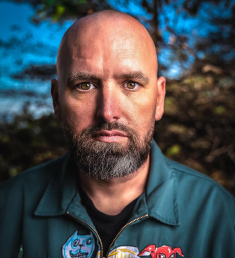
Kevin “Earleybird” Earley is an artist and musician based out of Northern Virginia. He is a graduate of Pratt Institute in Brooklyn, New York where he studied fine art. His love for hip-hop goes back decades, as he wrote and performed his first raps in elementary school at the age of seven years old. His rap name was given to him by a childhood friend, a pun based on his last name. His challenges with mental health are documented in his father, Pete Earley’s 2007 best-selling book, “Crazy – A Father’s Search Through America’s Mental Health Madness”, which chronicles his 2002 incident where Kevin broke into a stranger’s house and took a bubble bath before being apprehended by the police.
His work deals with mental health, race, privilege and resilience through adversity. He speaks to inspire and resolve stigma through art. He currently works with youth who live with mental health issues and helps mentor them to recover from their respective challenges.
He has been recording and releasing music for over 20 years. He lives in the Northern Virginia area of the D.M.V. (District, Maryland & Virginia) where he was born and raised.
He believes in the healing properties of art and music. Music is essentially sound vibrations, and he works to create positive vibrations that have the power to help people recover and thrive from the challenges they face in life.
Kevin Earley is one of several dozen people interviewed in the documentary Hiding In Plain Sight: Youth Mental Illness—featuring courageous voices speaking about their lived experiences with mental illness, particularly 22 young people, ages 10 to 27. Kevin and his father Pete share their personal journeys, and through Kevin’s drawings and other art, viewers see expressions of pain, hope, and resilience as a family explores the stigma and discrimination surrounding mental health.
This two-part, four-hour documentary addresses the youth mental health crisis in America. Twenty-two young people, 10 to 27 years of age, courageously speak to their lived experiences with mental illness, including anxiety, depression, body dysmorphia, anorexia, bullying, bipolar, schizophrenia, psychosis, addiction, self-harm and suicide. Through the personal stories of youth, Hiding In Plain Sight also features experts, therapists, counselors, educators, family and friends, who address the stigma and discrimination surrounding youth mental health, speaking up and seeking help. In sharing their stories of pain, hope and resilience, they offer solutions and understanding.
